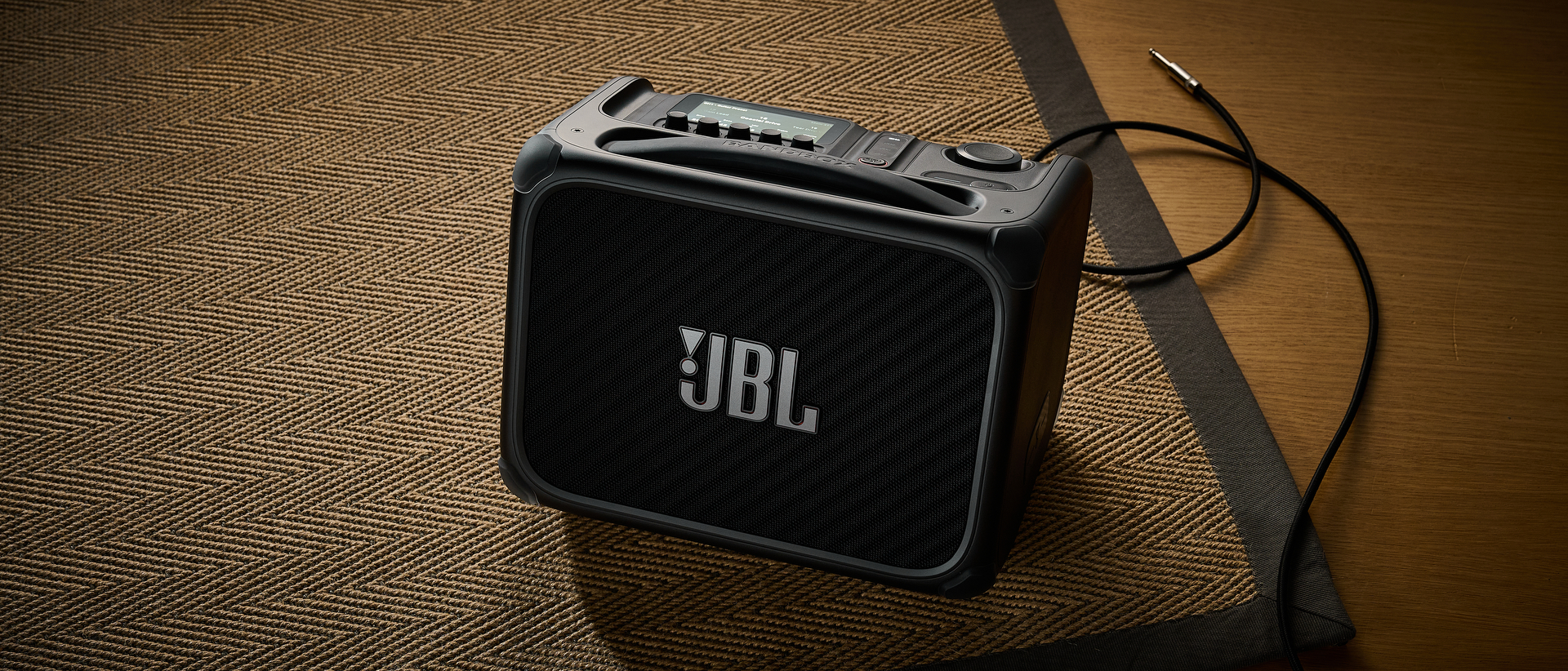Session Guitar: Guidelines on What to Charge Different Clients
All the latest guitar news, interviews, lessons, reviews, deals and more, direct to your inbox!
You are now subscribed
Your newsletter sign-up was successful

Hi, gang! I'm often asked how much I charge for sessions. I am not going to talk actual dollars and cents; however, I can give you the guidelines I use to earn a FAIR wage.
These days, home studios are commonplace. That being said, we all must learn how to negotiate a fee. I do not believe in making the quick buck and charging everyone the same. Why? The economy. I would rather make less than make nothing at all. And there are many varying reasons why we can, and maybe should, use a sliding scale when speaking of payment.
First you have to accept the session, and there are only three reasons why anyone should take on ANY job.
1. Good money. 2. Fun. 3. Connections for the future.
Let me start by stating the obvious: If a job contains non of these traits, RUN AWAY! (Unless it is in the beginning of your career. Take whatever is thrown at you and do your best. Trial by fire. It works. GAIN EXPERIENCE!)
If the job has all these traits, ACCEPT!
For me, one is usually enough. If the money is good, I can take some mental abuse from a tough client. Or I can usually find something I appreciate in a style of music that's not right for me. If it is fun, say, a friend I enjoy playing with asks me to do something for him for free, all good. I'm having a good time and can do it at my leisure. If there are connections for the future, say the client's music will be heard by many in a power position, or in a high-visibility situation, like TV, great. It goes on my resume, and I gamble on future work.
All the latest guitar news, interviews, lessons, reviews, deals and more, direct to your inbox!
Now let's talk payment. Moolah. Wampum. How much is your time worth?
Up here in the beautiful Litchfield hills of Connecticut, cost of living is less than in New York. That also means that local clients cannot afford to pay the same as those in a larger city. If you are a guitar teacher, you may only be able to get $20 an hour, whereas in another larger city, $40 is minimum per hour or half hour.
Big difference. Be fair. Use common sense. Ask others. Maybe you are worth more ... but can you get it? If a job comes in from a large national client, you can certainly charge the industry standard. However, what if the job is from a mom-and-pop local candy store needing a local radio jingle? Big difference.
I also use a method taught to me long ago. This three-point negotiating device works every time. It takes the ball out of your hands and allows the client to make up his or her mind how much they want to pay.
GOOD ... FAST ... CHEAP
Here's how it works: You can have any two. But not all three -- EVER.
I not only do guitar sessions, I also teach and do full productions.
Here's the scenario: Client needs a song produced, arranged, recorded. Full instrumentation.
I can usually determine how many hours this would take when I see the music or hear the demo. I can also determine how "eccentric" a client might be. That can add many more hours. Charging by the hour is one way. But what if other circumstances pop up that can alter the course of this project and your time?
Say the client needs this by tomorrow. You have other work booked that may be able to be mildly inconvenienced and put back by a day or two. But can you really get this done by tomorrow without abusing your body, mind and spirit? Here's where GOOD and FAST are the two needed elements. But it won't be cheap. You may need to hire an extra engineer or musicians or order in some food and overnight the project and take few or no breaks! And trust me, this will not end when the song ends! You will need a day to recover. See what I mean?
Scenario 2: Client needs a demo of a song. Maybe just a few guitars, some percussion, whatever I feel I can do, but he needs it today in three hours. As long as the idea is there, he's cool. Not gonna be picky. In this case, FAST and CHEAP work well. I will still do the best I can do in that short period of time, but it's not crucial that it has to be perfect or sound polished. And in this case, less is more. Do a great job on fewer tracks and it will still sound like a million bucks. Just a simpler arrangement! Spend more time on less and everyone is still a winner!
Scenario 3: Call comes in from a client who has handed me work for years. Knows what I do and we may even have a great personal relationship by now. Asks for a favor. Can I do a full production? Small budget. But I can do it at my leisure. He will get me all he can. I know he will remember me in the future. Here's where GOOD and CHEAP come into play. I take the gig. I take my time. Do it during a slow day or two. Good karma. Some money. Future is intact.
I'm certain you can use these guidelines to keep you and your clients happy!
My personal mantra: No job is too big, no check is too big!
Till next time…
Ron Zabrocki
Ron Zabrocki on Ron Zabrocki: I’m a session guitarist from New York, now living in Connecticut. I started playing at age 6, sight reading right off the bat. That’s how I was taught, so I just believed everyone started that way! I could pretty much sight read anything within a few years, and that aided me in becoming a session guy later in life. I took lessons from anyone I could and was fortunate enough to have some wonderful instructors, including John Scofield, Joe Pass and Alan DeMausse. I’ve played many jingle sessions, and even now I not only play them but have written a few. I’ve “ghosted” for a few people that shall remain nameless, but they get the credit and I got the money! I’ve played sessions in every style, from pop to jazz.
